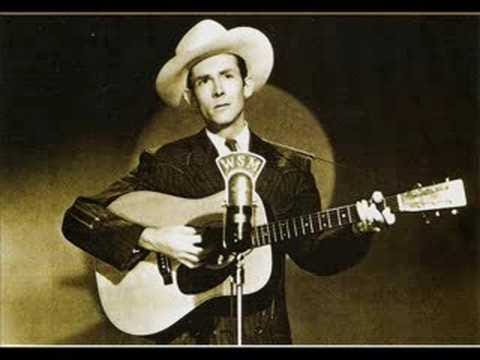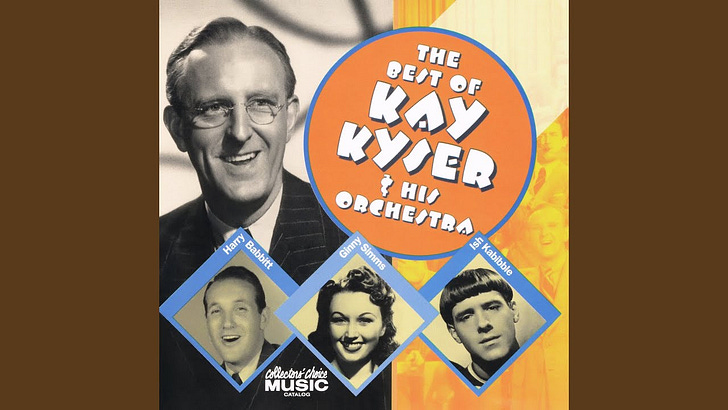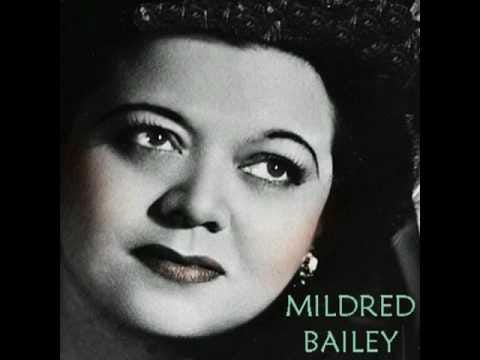In celebration of the three-year anniversary of Word & Song we are extending our special on new paid, gift, and upgraded subscriptions.
TWO MORE DAYS
Readers of Sometimes a Song know that I have a deep love of early and mid-20th Century music. And from the beginning, there’s been a good representation of silliness in American music. So choosing a silly song for this week presented me with a LOT of options. Indeed, there’s silly music the world over to choose from!
But for a number of reasons, I decided this week not to get all serious about the selection of our silly song. In fact, Tony and I would love to hear suggestions in the comments of silly songs to entertain all of us over the summer! Lay ‘em on us! In fact, because we devoted the week to silliness, we’ve already got some great suggestions for poetry, film, and music to entertain us over summer. If you haven’t already done so, check out the comments this week.
Those who have been with us from the beginning here will have read about and listened to a good number of novelty songs on these pages, pretty entertaining fare, such as those listed below.
For today, however, I’m going to give you a sample of the work of a Band Leader whose whole purpose (okay, at least during his peak of popularity) was simply to do songs in the silliest way possible. That would be the zany Spike Jones and His City Slickers. Spike was a talented drummer and formed bands from his teens onward. He began by playing in pit orchestras, then moved on to drumming for few big bands, and finally formed his own — and hilariously unique — band of musical buffoons whose schtick was to do comic versions of classic (and sometimes classical) songs. In fact, Spike and the City Slickers released collections of these recordings, with titles such as “Spike Jones Murders the Classics.” Their classical spoofs included pieces such as “The Nutcracker Suite,” “The Blue Danube,” “The William Tell Overture,” and too many to list here.
The silliness of Spike Jones’ band has to be seen and heard to be believed, and even then you come away not knowing “what happened.” It’s freewheeling and utterly nutty, and just plain fun. See what you think of the video below, from the band’s TV show in the 1950’s, in their “Tribute to Music History,” which features work of Tchaikovsky and what was then a very popular 19th century piece, “Melodie in F,” by Anton Rubenstein, a brilliant pianist and a contemporary of Franz Liszt. Everyone knew this piece by the name, “Welcome Sweet Springtime.” Enjoy a little silliness “on us” this weekend!
Word & Song by Anthony Esolen is a reader-supported online magazine devoted to reclaiming the good, the beautiful, and the true. To receive our new posts, please join us as subscriber. Use one of the green buttons in this post to get our forever-discount rate of 30% off the regular subscription price.
Note: Paid subscribers have unlimited access on demand to our full archive of over 1,000 posts; our most recent posts remain available to all for several weeks after each publication. We think of the Word & Song archive as a little treasure trove, and we hope that our readers will revisit and share our posts with others as we continue our mission of reclaiming — one good thing at a time — the beautiful and the true!









Thank you for a great week of silliness! A few that come to mind: anything Louis Prima, Dean Martin’s mambo Italiano, and Sinatra and friends having way too much fun doing the cast album of Kiss Me Kate.
In the non Italian category, one of my favorite silly songs as a kid was Caldonia by Louis Jordan.
Ps I’m adding two more: the obvious one I missed would be all the Marx brothers numbers! Talk about silly. And there’s a lot of silliness in Gilbert and Sullivan - think of the Modern Major General
He was great and funny. But when rock and roll came, he could not make satires of the lyrics in the same way as Babylon Bee must have a hard time satirizing present-day politics!